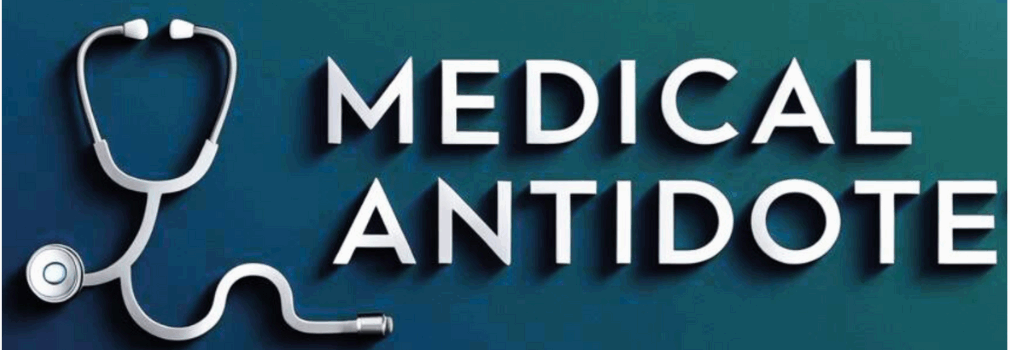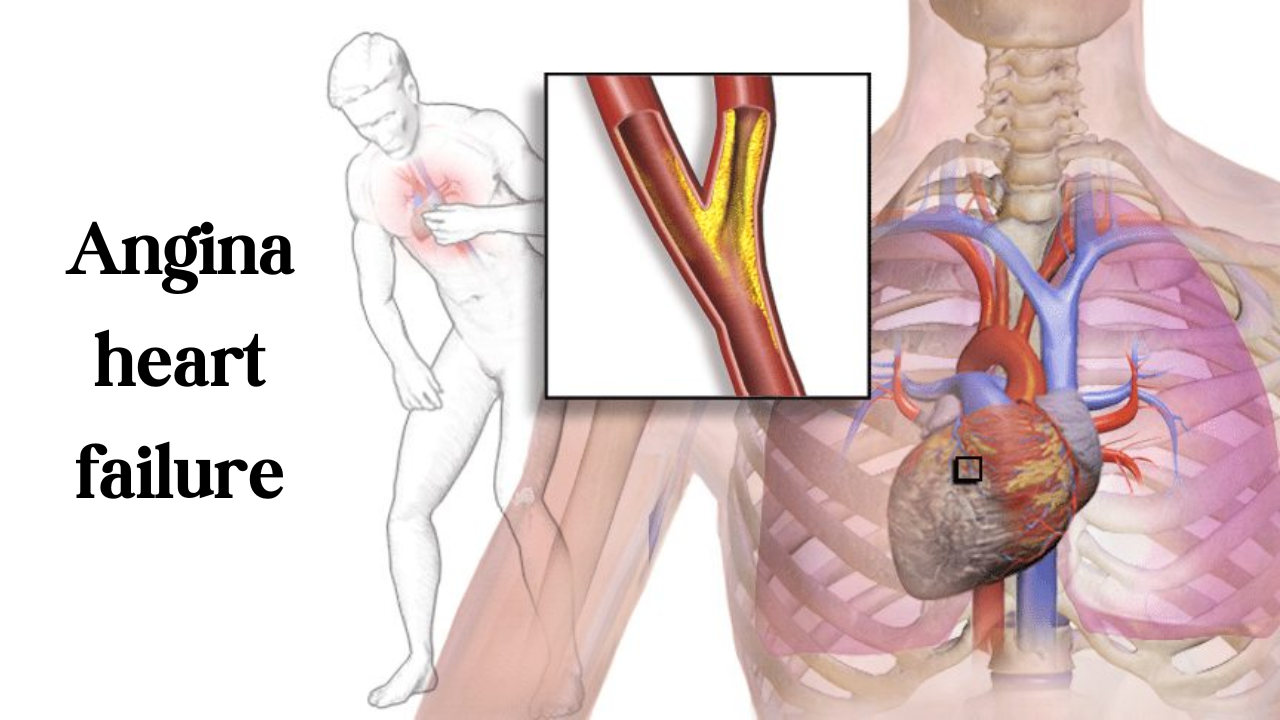Last updated on April 20th, 2025 at 10:19 am

The 9 causes of difficulty in breathing and chest pain include respiratory infections, allergies, chronic respiratory conditions, cardiac issues, anxiety and panic attacks, pulmonary embolism, gastrointestinal reflux disease, trauma and rib injuries, smoking, and environmental toxins.
Medical Evidence
According to MSD manuals evidence, breathing is fundamental for you, it is an involuntary act that sustains your life. When this seemingly simple process becomes a struggle, accompanied by chest pain, it can be a cause for concern.
Difficulty in breathing and chest pain symptoms can result from a wide array of underlying causes. They range from mild to severe. By understanding the potential triggers, you stand a chance of prompt diagnosis and effective management. Here, I will guide you to the possible diverse causes of these distressing symptoms.
1. Respiratory Infections
SmartClinic Urgent Care states that one of the most common reasons for difficulty in breathing and chest pain is respiratory infections. Conditions like the common cold, influenza, and bronchitis can inflame the airways, leading to coughing, chest discomfort, and labored breathing. Pneumonia, characterized by the inflammation of lung tissue, can also induce severe chest pain and difficulty in breathing, often accompanied by high fever and cough.
2. Allergies
Allergic reactions can cause chest tightness and shortness of breath in you. Conditions such as asthma, allergic rhinitis, and even anaphylaxis can result in respiratory distress and chest discomfort. Allergens like pollen, dust mites, and certain foods can trigger these symptoms in susceptible individuals.
3. Chronic Respiratory Conditions
Chronic respiratory conditions, such as chronic obstructive pulmonary disease (COPD), emphysema, and pulmonary fibrosis, can gradually damage your lungs and airways, making it increasingly difficult to breathe. These conditions often manifest with persistent chest pain, wheezing, and a chronic feeling of breathlessness.
4. Cardiac Issues
Cardiovascular problems can also lead to chest pain and difficulty in breathing. Coronary artery disease, angina, and heart attacks can cause a sensation of pressure or heaviness in the chest, often accompanied by shortness of breath. Heart-related symptoms are typically more severe and may radiate to the arms, neck, or jaw.
5. Anxiety and Panic Attacks
Mental health can play a significant role in the experience of chest pain and breathing difficulties. Anxiety and panic attacks can induce hyperventilation, chest tightness, and a racing heart, often mimicking cardiac symptoms. Recognizing the psychological aspect of these symptoms is crucial for effective treatment.
6. Pulmonary Embolism
A pulmonary embolism is a potentially life-threatening condition where a blood clot travels to the lungs. This can cause sudden and severe chest pain, along with rapid breathing. Prompt medical attention is essential for diagnosis and treatment.
7. Gastroesophageal Reflux Disease (GERD)
GERD is a digestive disorder where stomach acid flows back into the esophagus, causing heartburn and regurgitation. Sometimes, this acid can irritate the respiratory passages, leading to chest pain and difficulty in breathing. Managing GERD can alleviate these symptoms.
8. Trauma and Rib Injuries
Physical injuries to the chest area, such as rib fractures, can result in chest pain and labored breathing. Trauma to the chest may also cause lung contusions or pneumothorax (collapsed lung), which can be life-threatening.
9. Smoking and Environmental Toxins
Smoking and exposure to environmental toxins, such as pollutants and chemical irritants, can damage the respiratory system over time. Chronic exposure to these substances can lead to chest pain, persistent cough, and shortness of breath.
Difficulty in breathing and chest pain can be attributed to a broad spectrum of causes, ranging from mild to life-threatening. Accurate diagnosis and treatment are essential to address the underlying issue and relieve the symptoms. If you or someone you know experiences these symptoms, it is crucial to seek medical attention promptly. Early intervention can make a significant difference in the management of these conditions and the overall well-being of the individual affected.




